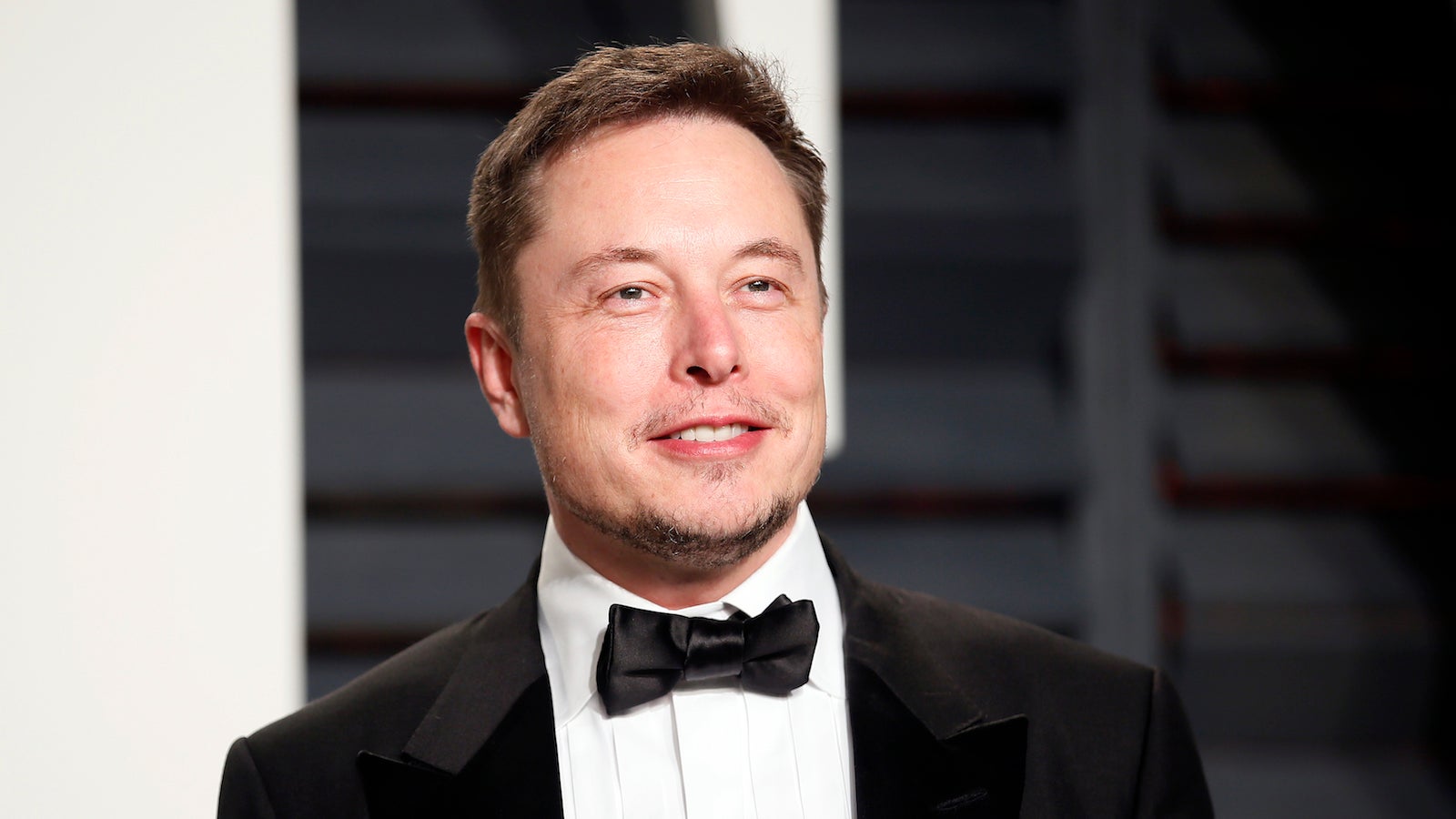Why is there no Nobel Prize in technology?
As the world focuses its attention on this year’s recipients of the planet’s most prestigious prize, the Nobel, it feels like something’s missing from the list: technology.


As the world focuses its attention on this year’s recipients of the planet’s most prestigious prize, the Nobel, it feels like something’s missing from the list: technology.
Swedish inventor Alfred Nobel established the prizes more than century ago with the instruction that his entire estate be used to endow “prizes to those who, during the preceding year, shall have conferred the greatest benefit to mankind.” The categories laid out in his will—physics, chemistry, physiology or medicine, and peace—have remained the basis of the awards, and a prize for economics was added in 1968.
But life has changed dramatically in the 118 years since Nobel died. Since the first prize was given in 1901, the industrial era has passed and the information age is now well and truly upon us. Humanity has become an urban species, with more than half the world now living in cities, carbon pollution has pushed greenhouse gases to the highest concentrations ever recorded, and the mobile phone has become the quickest and biggest technology uptake in human history. Almost 4 billion people are now online, and since 2015, data flows have driven more global economic growth than the entire physical goods trade.
Technology is at the source of all these changes, yet there’s still no prize for technologists. No prizes for the automobile, lightbulb, plane, mobile phone, or the internet. None for the inventor of the modern combine harvester or the team that sequenced the first human genome. Despite being responsible for inventions that have fundamentally altered the course of human history, no recognition for the genius of Nikola Tesla or Thomas Edison.
Every now and again a technologist does sneak in, usually in the physics category. Guglielmo Marconi, for example, got a prize in 1909 for the radio transmitter, and the creators of the transistor (1956), laser (1964), semiconductor (2000), and the LED (2014) have all received physics Nobels, too. The exception however, proves the rule. Over the awards’ history, they’ve been given to 881 people, only 28 of whom have been engineers or technologists.
So, what gives? Why only those five original fields? Nobel didn’t say, revealing only that he made his choices “after mature deliberation.”
One way of looking at it is that when he was designing his categories, he wanted the prizes to only reflect advances in fundamental science. In this view, “lesser” sciences such as biology, geology, or computer science—or technology-driven fields such as engineering or robotics—don’t qualify. As genome-sequencing pioneer Eric Lander once said, “You don’t get a Nobel Prize for turning a crank.”
But what then of literature and peace, or the newer prize for economics (an applied science at best, and a pseudoscience at worst)?
Technology isn’t the only field to get the cold shoulder. Mathematics—the international language, the foundation of so many scientific pursuits, and arguably the most fundamental theoretical discipline of all—doesn’t have a Nobel Prize, either. Mathematicians have complained about this for decades. One story suggests that Nobel disliked the Finnish mathematician Rolf Nevanlinna, and assumed that he would be the first winner of the mathematics prize, if he decided to award one. Alternatively, math undergraduates are often told that Nobel was jealous of a Swedish mathematician who had an affair with his wife (though this story is ruined by the fact that Nobel didn’t actually have a wife).
Assuming Nobel wasn’t motivated by petty jealousies, he may have thought that mathematics was a kind of technology itself: a tool used in the sciences and in engineering rather than a body of human intellectual achievement. And yet history has shown that view to be wrong: Some of the greatest scientific achievements of the past two centuries, from Einstein’s theory of relativity to the discovery of the Higgs Boson, rose directly out of fundamental advances in mathematical theory.
Despite this, the Nobel Foundation says it’s unlikely that they’ll ever add any more categories. According to Jonna Petterson, head of PR at the Nobel Foundation, after the addition of the sixth prize for economics, “the board of directors decided to keep the original five prizes intact and not to give permission to any additions.” Other organizations give out genius medals in STEM—mathematics has the EMS Prize and Fields Medal, engineering has the Queen Elizabeth Prize, computer science has the Turing Prize, and technologists have the Millennium Prize—but nothing gets attention like a Nobel.
While the Nobel is supposed to recognize brilliant research done in the past, it’s also meant to recognize people who have conferred the greatest benefit to humanity. In an age when technology is intimately interwoven in almost every aspect of our lives, those who come up with new ways of using technology to make the world a better place deserve just as much recognition as the scientists, doctors, peacemakers, economists, and writers who we’re celebrating this week.
So in honor of those who won’t be acknowledged, here’s a list of 25 technologists and inventors who didn’t get a Nobel, but fit the criteria for inventions that have conferred the greatest benefit to humanity.